I’m a Neuroscientist. Here’s How Teachers Change Kids’ Brains.
Edsurge
FEBRUARY 19, 2019
While we often don’t think of ourselves as brain changers, when we teach we have an enormous impact on our students’ cognitive development. Recent advances in educational neuroscience are helping educators understand the critical role we play in building brain capacities important to students’ learning and self-control.



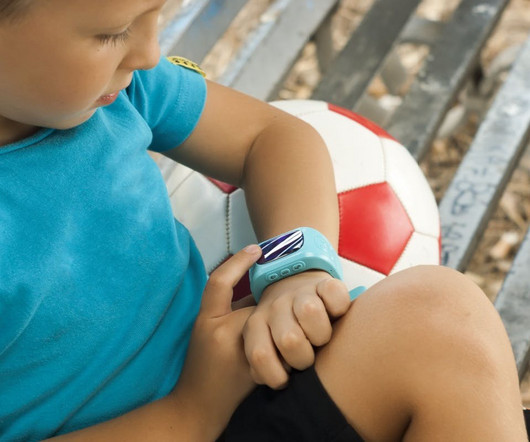
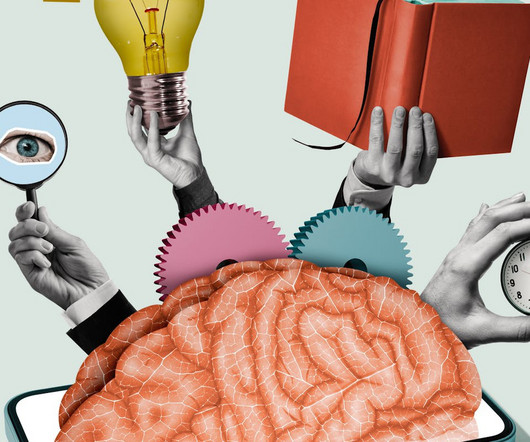



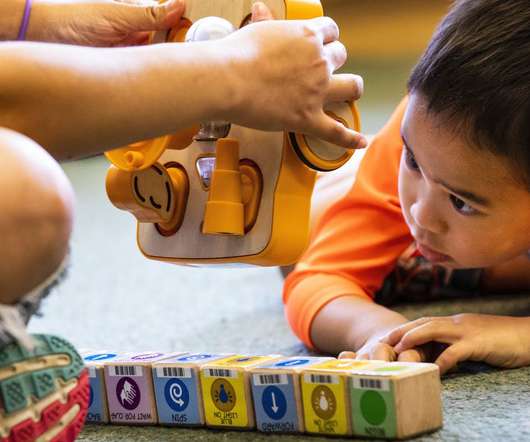
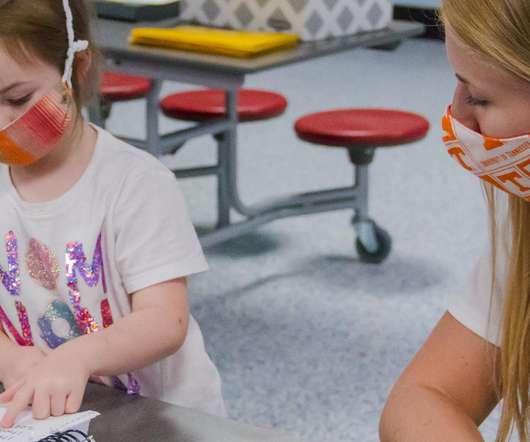
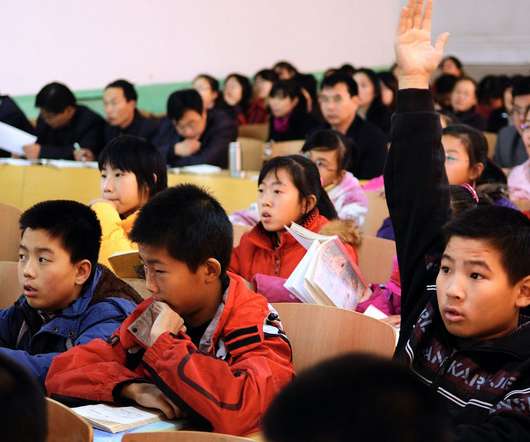


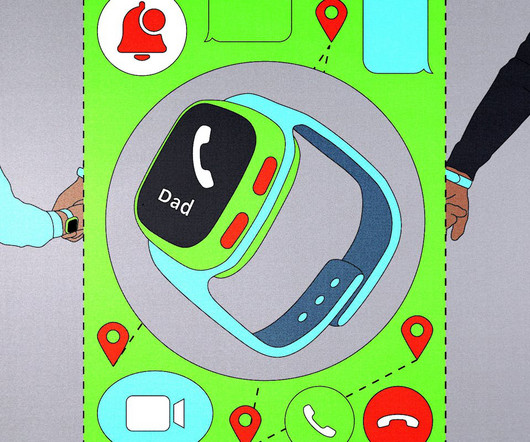






Let's personalize your content